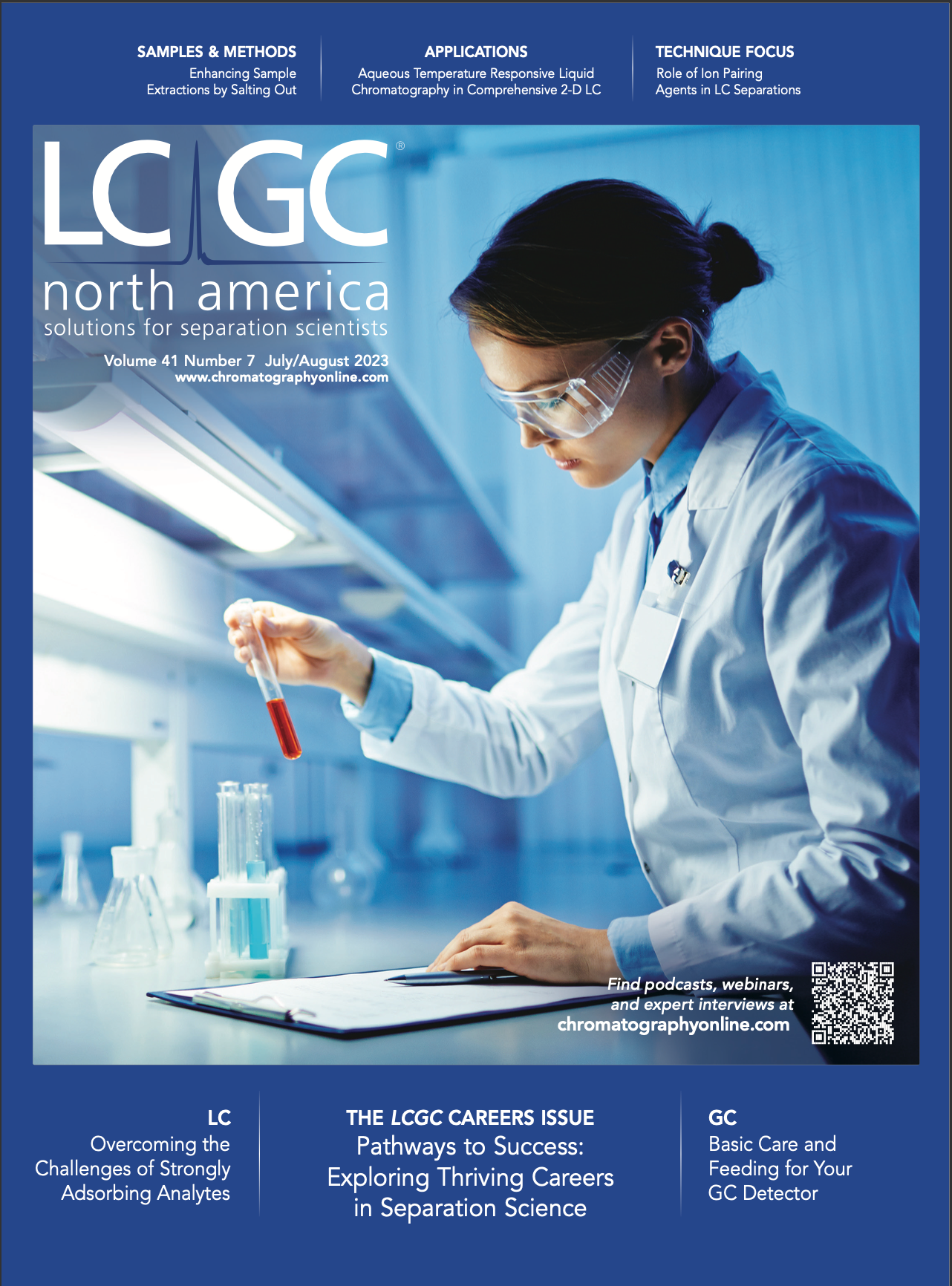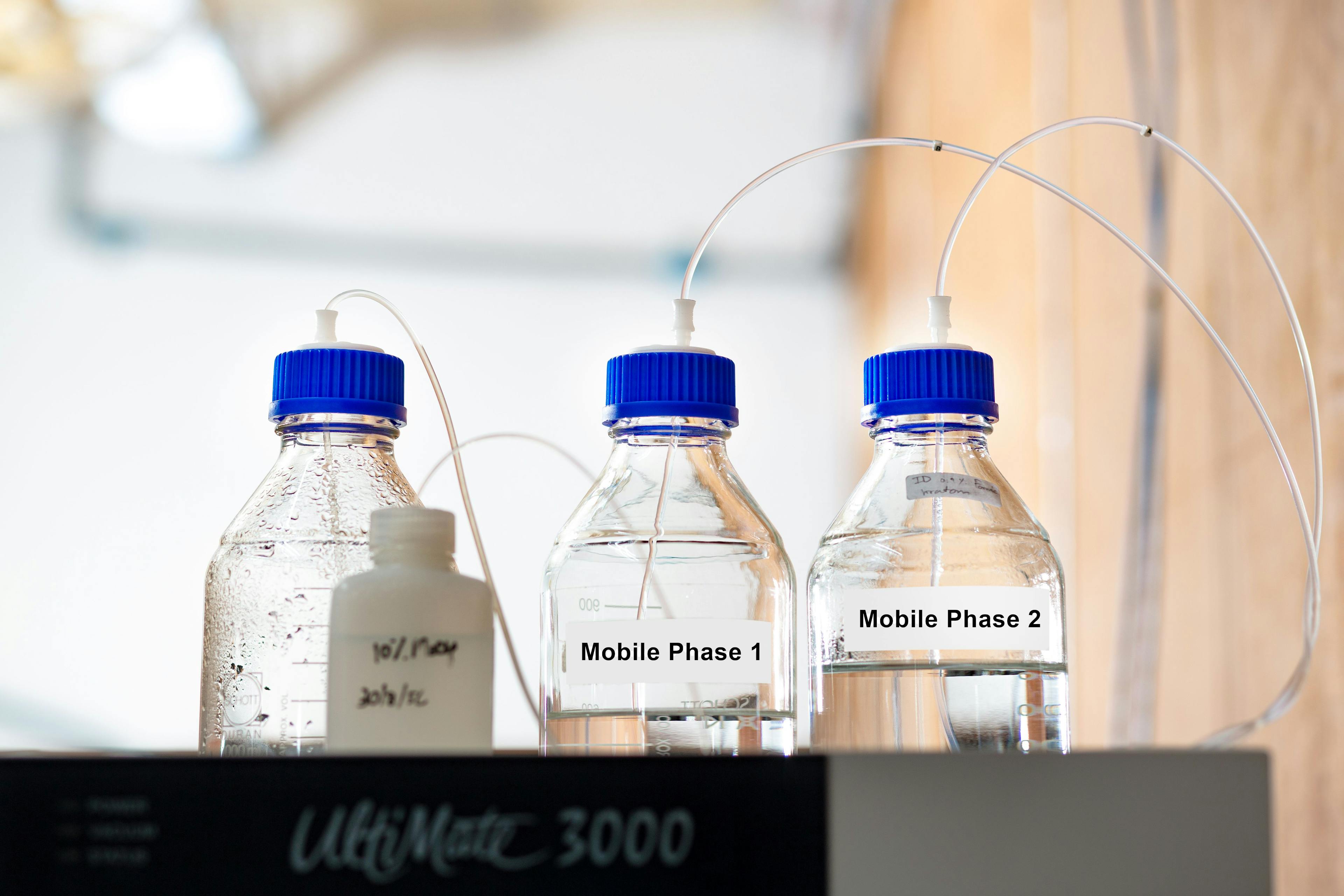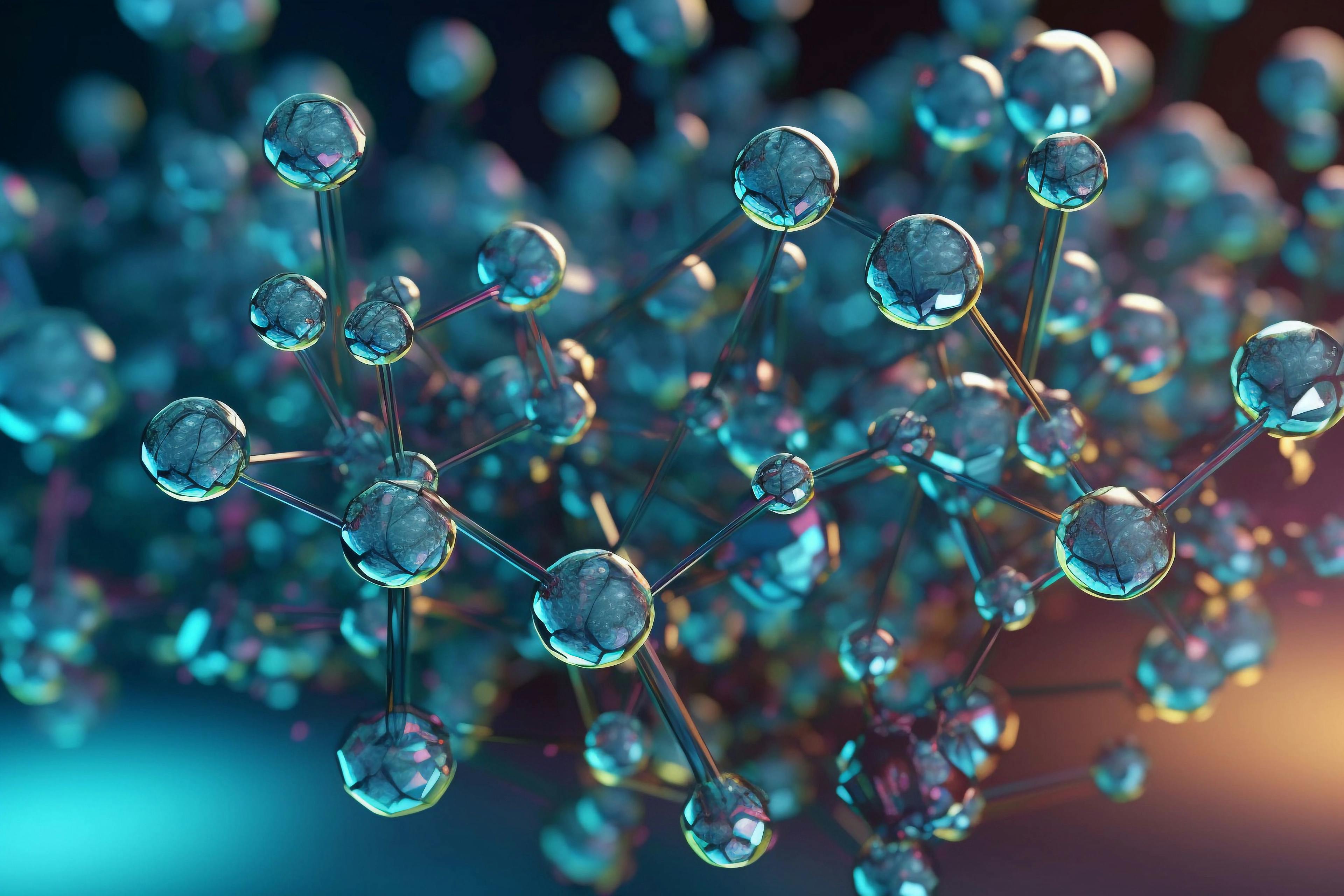Strong Liberal Arts Make Strong Chemists
You know that a solid scientific foundation is essential for a career in analytical chemistry. But are you overlooking the importance of a liberal arts education?
As I reflect on a 30+ year career as an analytical scientist, my experiences outside the laboratory stand out as being equally influential for my career growth as my experiences inside the laboratory. First, I continuously practice writing and take extra time on my written work. Scientists are most often known and judged by the quality of both their data and how they present it, especially in industry. Strong written communication is essential, and begins with the classes taken in the liberal arts. Oral communication skills, also developed in those college liberal arts classes, are a close second. For practicing scientists, I recommend speaking about your work in small informal settings and large ones are much as possible. In this reflection on the liberal arts for analytical chemists, I share some tips for practicing the written and oral communication skills from the liberal arts that translate to strengthening our scientific work.
Write, Write, and Write
For a scientist, writing is the single most important skill beyond the laboratory. You can generate the best data and have the best ideas, but writing, including publishing, and producing reports in industry is essential for making that scientific work known. Scientists are especially challenged as we often must explain complex data and ideas, while merging text, tables, figures, videos, and more with written work. We also have an unearned reputation as poor writers. Here are a few tips to help scientists at all career points work on writing.
Write Some Every Day
A professional author friend once suggested “write 250 words per day.” In the first draft, do not worry about making the prose excellent; just get the words on the paper or in the file. You can clean it up later.
Make an Outline
For more complex work, such as journal articles, books, or long reports, make an outline or draft a table of contents first. Think about the key points you wish to discuss. Make sure that your outline contains any sections required by the company or the journal, such as Introduction, Experimental, Results, and Discussion.
Do Not Worry About Writing Linearly
With the outline, you can then write your 250 words per day on whatever section or part of the work feels right. When writing my “GC Connections” columns for LCGC, I often move from one section to another, not in order, as inspiration strikes.
Have Colleagues Read and Critique Your Work
Allow time prior to deadlines for colleagues to read and critique your work. You will look at the manuscript so many times that simple mistakes will be overlooked. A fresh set of eyes and thoughts about the work and the points you are trying to make are crucial.
Put It to Bed Before Submitting (and Submit Well in Advance of Any Deadlines)
Once you feel the document is ready to send, allow extra time for it, and you, to sleep. Then, proofread it again one more time before submitting. I guarantee you will find a few last mistakes.
Remember That Your Written Work is Your First Impression
We have all heard that you never get a second chance to make a first impression. Your writing, if published online, or in a resume or cover letter, will be the first impression of you that prospective collaborators, employers, or clients will get. You do not want it to be their last. Take care and time to ensure that your writing is the best.
For Students, Take Courses That Require Writing on Other Topics
Seek courses that force you to write extensively about non-science topics, especially in classes with students in writing-intensive majors such as English, history, pre-law, and other liberal arts. The best way to improve your writing is to be in classes with other great writers; they will stretch you and make you better.
Talk, Talk, and Talk
Speaking about your research and interacting with colleagues across both scientific and non-scientific disciplines and interests is the next most important skill. Articulate speaking in both large and small settings is a skill that requires practice. As a student and young scientist, I had paralyzing stage fright; I played the French horn in the high school band, and was told that I had great musical talent, as did my entire family, but never made it past third chair because I could not play solos and I did not practice enough. Speaking is similar; there will always be nerves, but they can be mastered with practice, practice, and more practice. Here are some practical tips.
Have an Elevator Talk Ready
Prepare and practice an elevator conversation about your work. You may enter an elevator and find the Chief Executive Officer of your company there and be asked about your work. You have 30 seconds between floors to make an impression. This elevator speech also can be a conversation starter at company events. It should be non-technical, but make clear concise points about what you do and why it is important.
Use Simple Visuals
When preparing seminars and posters, keep your visuals simple and easy to read. Science values brevity. If slides are too wordy, you will tend to read them, making the talk boring. Use a few words as cues for what you want to say, and then practice, practice, practice the talk. For posters, use fonts that can be easily read from at least three feet away. Clearly and concisely explain each figure or table.
Go to the Room Ahead of Time and Rehearse
When preparing to speak, whether in a conference room or an amphitheater, go to the room ahead of time and practice your talk with a partner. Put it on the screen and scroll through the slides; have your partner check that they are all readable and appear correctly. Rehearse your speech with your partner to ensure that you can be heard throughout the room.
Avoid the Notes Feature
I am not a fan of the notes features in presentation software. In the audience, I can easily and immediately tell if the speaker is working from notes, and it takes away from the speaker’s credibility. Practice and know your presentation so well that you do not need any notes. When I was in graduate school in Blacksburg, Virginia, several hours drive from anywhere, I would practice my lectures in the car on the way to the venue, without the slides. Practice your talk so you look at the audience and not the computer or the screen.
Stop Talking
End your talk about five minutes ahead of the scheduled time in the session or meeting, to allow for questions or discussion. If you can arrange this, have a partner or two in the audience who can ask a seed question to start the discussion. Too often, and especially at conferences, many talks today end with no questions, comments, or discussion.
For Students, Take Classes That Require Public Speaking
Seek courses that require speaking and discussing in front of the class, especially in non-science topics. Discussing and debating with students majoring in history, political science, philosophy, pre-law, and other liberal arts will sharpen your own skills and make you more articulate in scientific debate.
Summary
When planning your next career steps, consider these tips; they can help you think about broader professional ideas beyond the laboratory. Strength in writing, speaking, and the liberal arts can set you apart and above among scientists. Writing and speaking require continuous effort and practice that will pay off in a more successful and enjoyable scientific career.
Nicholas H. Snow is the column editor for LCGC’s “GC Connections” column and the Founding Endowed Professor in the Department of Chemistry and Biochemistry at Seton Hall University, and an Adjunct Professor of Medical Science. During his 30 years as a chromatographer, he has published more than 70 refereed articles and book chapters and has given more than 200 presentations and short courses. He is interested in the fundamentals and applications of separation science, especially gas chromatography, sampling, and sample preparation for chemical analysis. His research group is very active, with ongoing projects using GC, GC–MS, two-dimensional GC, and extraction methods including headspace, liquid–liquid extraction, and solid-phase microextraction. Direct correspondence to: LCGCedit@mmhgroup.com


The 2025 Lifetime Achievement and Emerging Leader in Chromatography Awards
February 11th 2025Christopher A. Pohl and Katelynn A. Perrault Uptmor are the winners of the 18th annual LCGC Lifetime Achievement and Emerging Leader in Chromatography Awards, respectively. The LCGC Awards honor the work of talented separation scientists at different stages in their career (See Table I, accessible through the QR code at the end of the article). The award winners will be honored during an oral symposium at the Pittcon 2025 conference held March 1-5, in Boston, Massachusetts.
USP CEO Discusses Quality and Partnership in Pharma
December 11th 2024Ronald Piervincenzi, chief executive officer of the United States Pharmacoepia, focused on how collaboration and component quality can improve worldwide pharmaceutical production standards during a lecture at the Eastern Analytical Symposium (EAS) last month.















